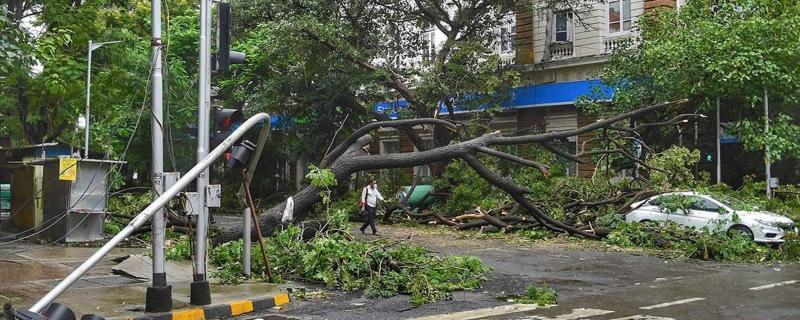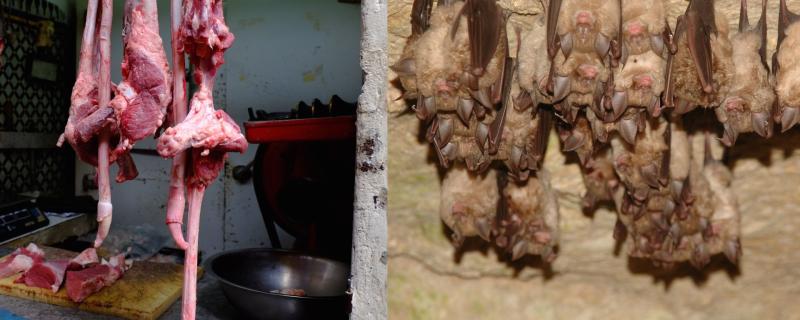New research reveals India's shifting climate change risks and resilience, offering a novel framework for other developing nations.
IIT Bombay’s new deep learning framework, named SpADANet, enhances damage classification accuracy using limited labels across multiple hurricanes.
Mumbai/

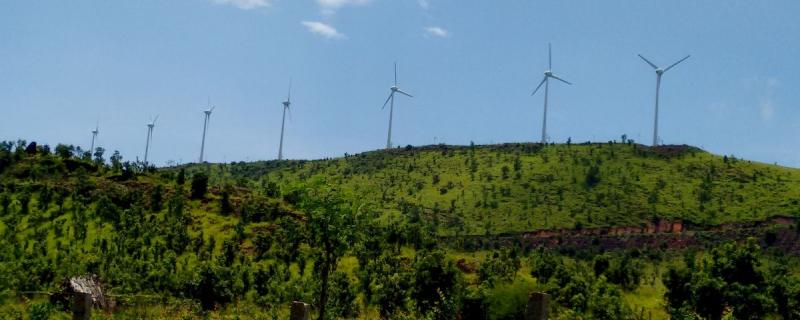



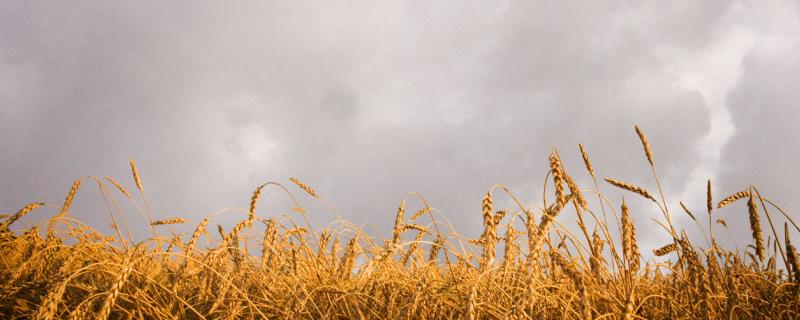

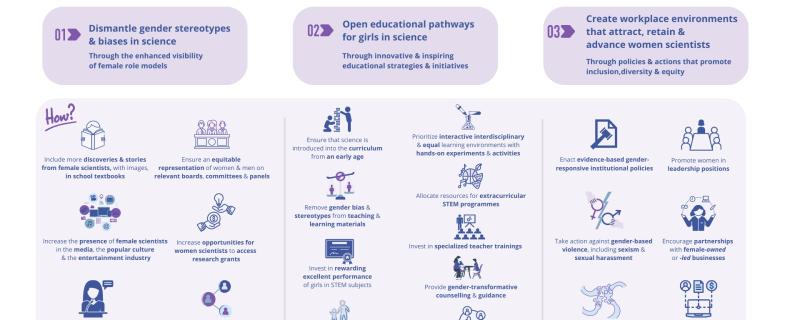
![[AI image] Data trading market. [AI image]Data trading market place](/sites/researchmatters/files/styles/large_front_800x320/public/a%20marketplace%20in%20India%20trading%20data%2C%20comic%20style%2C%2016_9%20size.jpg?itok=wTSR1Mvi)
